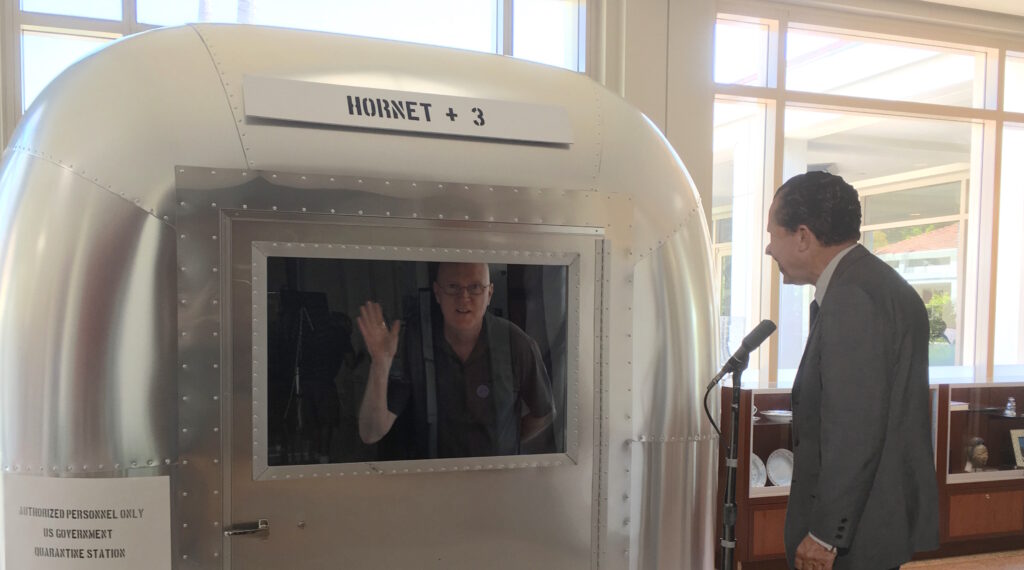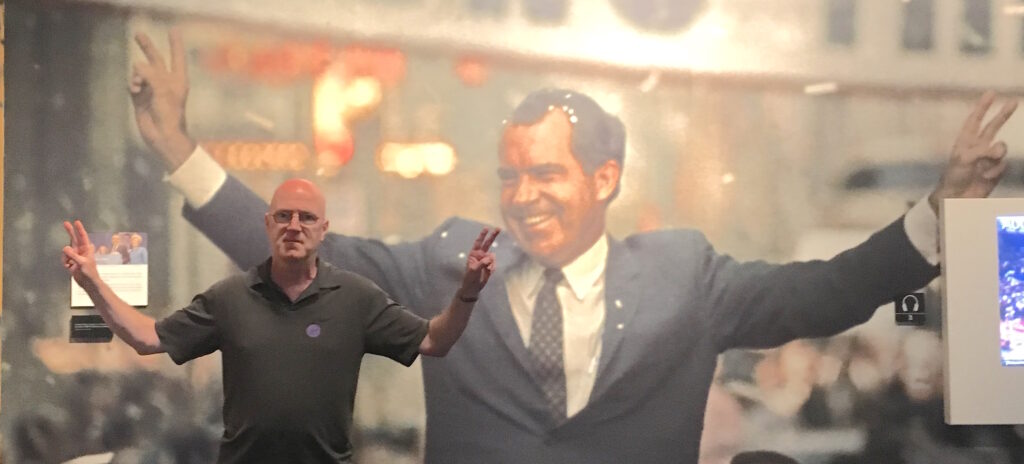 Raising children (helping them grow up) isn’t easy. It’s even harder if you’re a helicopter or snowplow parent.
Raising children (helping them grow up) isn’t easy. It’s even harder if you’re a helicopter or snowplow parent.
Let me explain.
Lately (recently), Americans have been talking about different ways of parenting (bringing up or raising children) that’s very different from the way I grew up.
Helicopters are a type of aircraft that flies using long blades that rotate (go in a circle) at very high speeds. They are usually used for short trips and they can hover (remain flying) just above the ground.
That’s what helicopter parents do: They hover over their children.
Helicopter parents want to protect their children from any bad influences and experiences. They watch them carefully, worrying about everything they do, eat, see, touch, and feel.
They worry a lot about their child’s well being (comfort, health, and happiness) and try to control as many aspects or parts of their child’s life as they can.
Snowplow parents are similar. A snowplow is a type of truck used to move snow off roads. It pushes the snow so that cars can drive on the street.
Snowplow parents do all the things helicopter parents do, but their main concern is to remove any obstacles (anything that slows or stops progress) to their child’s success.
Sometimes snowplow parents go to extremes (doing something beyond what is expected or acceptable). They insist on their child getting first place (winning) and sometimes blame the school or teachers if they don’t achieve it.
Several snowplow parents – a few of them Hollywood celebrities – were recently found to have lied on their child’s college applications, and even bribed people at the university to get their children admitted (accepted to study there).
Nobody would fault (say it is wrong for) parents for trying to do the best for their children. Some people say, though, that helicopter and snowplow parents go too far and are doing a disservice (something harmful) to their children.
Many think that you should allow children to make their own mistakes. They need to learn how to overcome (deal with) some of their own obstacles. It’s all part of handling disappointments in life.
In this view, kids with helicopter and snowplow parents won’t learn to be resilient (become able to recover from disappointments and defeats).
This is, of course, very different from how I grew up. I’m the youngest of 11 children and my parents didn’t have time to be helicopters or snowplows.
But even in smaller families, parents did not try to control every aspect (part) of their children’s lives.
I think that was a good thing. We learn more from our mistakes than our successes!
Jeff
P.S. For more English related to being a parent, try our Daily English 558 and Daily English 1302.
P.P.S. Like this short English lesson? Then you’ll love our Unlimited English membership: https://tv.eslpod.com
Get a FREE sample lesson (no money needed) – SIGN UP BELOW!
Just fill out the form below and we’ll send a FREE lesson to try!
We hate spam, too! We will never sell, rent, or give your information to anyone – ever!
What Will I Learn in My Free Lesson?
Here is just a small part of what you’re going to learn in this free lesson:
- What “take a rain check” means and how to use it in a conversation . . .
- The difference between a “recluse” and a “busybody” . . .
- Why “to fend OFF” means something from “to fend FOR” . . .
- What it means to “take a rain check,” “keep to yourself,” and “to appoint (someone)” . . .
- What a social secretary is . . .
- The best way to use “to sort out” and “to turn down” . . .
- How to use phrasal verbs like “to settle in” and “to settle down” (they’re not the same!) . . .
And much, much more!
 This is a comma: “,”.
This is a comma: “,”.
 Presidential libraries are places where many of the documents and possessions of American presidents are kept after they leave office (stop being president).
Presidential libraries are places where many of the documents and possessions of American presidents are kept after they leave office (stop being president).


 Here’s another strange idiom in English: You (or someone/something) got under my skin.
Here’s another strange idiom in English: You (or someone/something) got under my skin.
 When we try to get someone’s attention but we don’t want anyone else to know what we’re doing, we make a sound that is usually spelled in English “psst!”
When we try to get someone’s attention but we don’t want anyone else to know what we’re doing, we make a sound that is usually spelled in English “psst!”